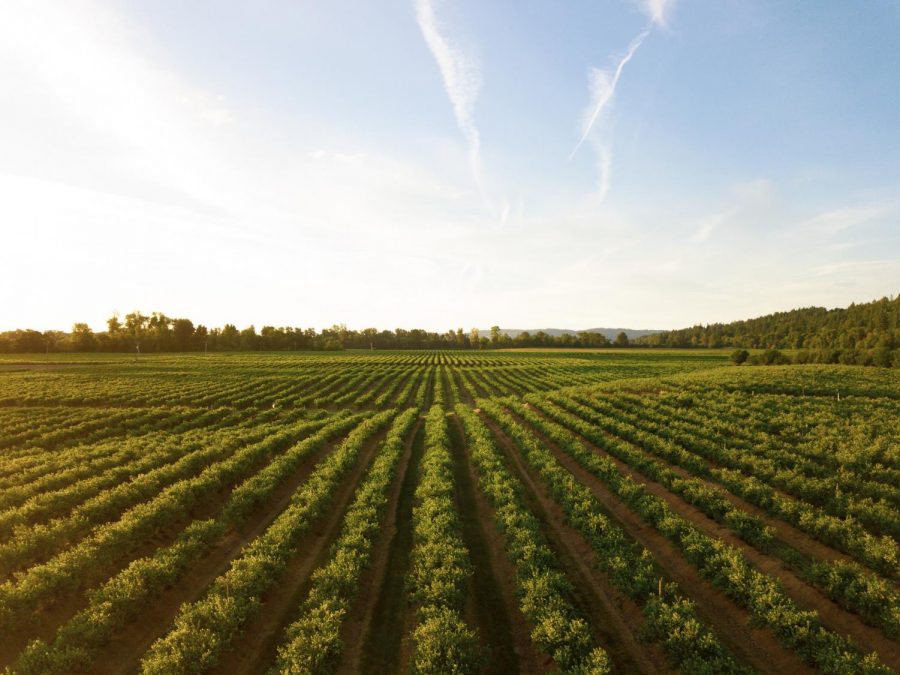National Ag Week honors cultivation
Photo by Dan Meyers on Unsplash
Agriculture has been around since ancient civilizations because of its importance.
National Agriculture Week is celebrated March 21 to 27. It is a week devoted to educating people about where food, fiber, and fuel come from.
Traditionally, the week-long celebration is organized by the Agriculture Council of America (ACA), a nonprofit organization dedicated to increasing the public’s awareness of agriculture’s role in modern society.
Once the week is underway, the focus becomes more intense and National Ag Day is celebrated on March 23.
Because of the pandemic, the Ag Day events normally hosted by the Future Farmers of America (FFA), National Farm Bureau (NFB) and National Farmers Union (NFU) will be virtual.
“The National Ag Day Program and the ACA were both started in 1973 as a way to increase public awareness of agriculture’s role in society,” according to National Day Calendar.
GovBookTalk says, “Every year, producers, agricultural associations, corporations, universities, government agencies and others across America join together to recognize the contributions of agriculture. “
“Agriculture is behind every piece of food you eat, the clothes you put on and even the crayons you used as a kid to color with,” according to National Grange.
Sugar.com states that “Agriculture is, by definition, the science or practice of farming, including cultivation of the soil for the growing of crops and the rearing of animals to provide food, wool, and other products.”
Agriculture’s Open Library tells us that “today, there are two divisions of agriculture, subsistence and commercial, which roughly correspond to the less developed and more developed regions.”
A couple of farmer facts from National Day Calendar are that a farmer today grows twice as much food as his parents did, while using less land, energy, water, and fewer emissions and the average U.S. farmer feeds 155 people and in 1960 a farmer only fed just 26 people.

The infamous Jaime Ramirez was born on January 4, 2003 in Stockton. He is the youngest of four, with two older sisters and an older brother. When he was...



